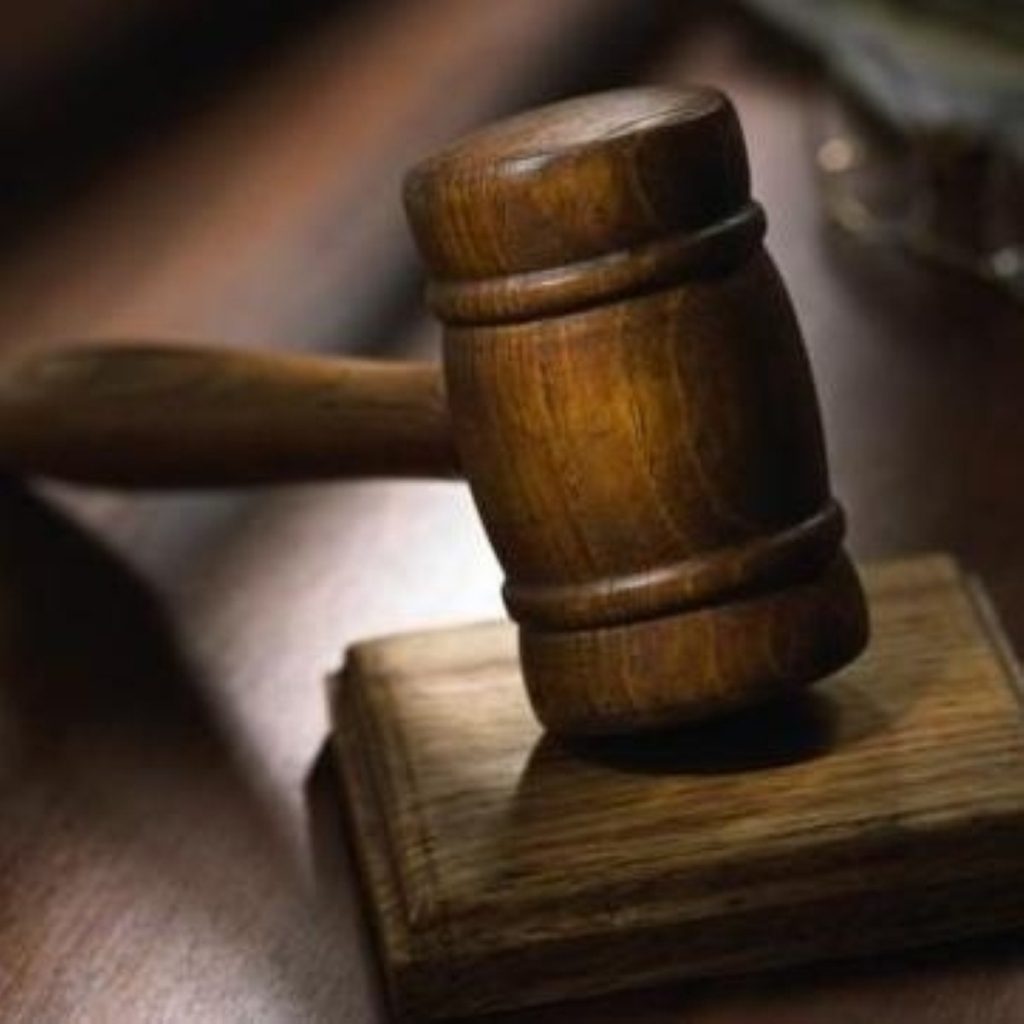MPs: Libel is destroying free speech
By Ian Dunt
Britain’s libel laws are threatening to destroy the country’s reputation for free speech and must be urgently reformed, MPs have warned.
In the most far-reaching investigation of press freedom and standards in years, MPs on the culture, media and sport committee have demanded that the price of defending a libel action be drastically reduced.
The debate on libel has taken on new and worrying dimensions recently, with many activists spurred on by the case taken against well-respected science writer Simon Singh by the British Chiropractic Association (BCA).


Media outlets say the laws on libel – which put a burden of proof on the defendant (the writer) and see extraordinary sums being spent in the duration of a case, have now begun to discourage investigative journalism.
The committee found the burden of proof should remain on the defendant, except in the case of corporations, but it took a hard stance against the system in general.
It described the decision by some US states to enact legislation to protect their citizens from the enforcement of libel settlements in the UK “a humiliation” and recommended actions to get rid of Britain’s reputation for ‘libel tourism’.
“It should be a matter of profound concern that the UK is now regarded as the jurisdiction of choice for litigants to bring libel actions, even when there is no obvious connection with this country,” John Whittingdale, chairman of the committee, said.
“It is a humiliation that US legislators have felt it necessary to take steps to protect freedom of speech from what are seen as unreasonable incursions by our courts and we believe the government should address this as a matter of urgency.”
The committee demanded that in cases where the UK is not where the claimant or defendant lives or does business, the claimant should face “additional hurdles” before being allowed to bring a case.
Under current law, the claimant must merely show that someone in the UK read the writing in question.
Severe action must also be taken on the increased cost of defending a libel actions, MPs recommended.
“If a defendant is in the right he should not be forced into a settlement which entails him sacrificing justice on the grounds of cost, the report stated.
Currently lawyers for the winning claimant can demand 100% of their fees from the losing party, allowing them to represent their client on a no-win no-fee basis.
Instead, the committee recommended the recovery of success fees from the losing party should be limited to no more than ten per cent, leaving the balance to be agreed between solicitor and client.
“Until this is addressed it will continue to have a stifling effect on press freedom and the government should now act swiftly to do so,” Mr Whittingdale added.
MPs on the committee also demanded the lord chancellor and his officials meet with their US counterparts to discuss legal developments across the Atlantic.












